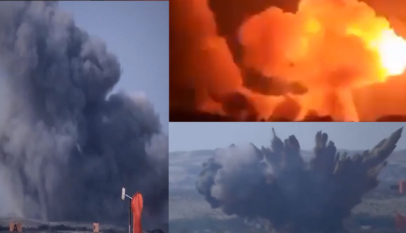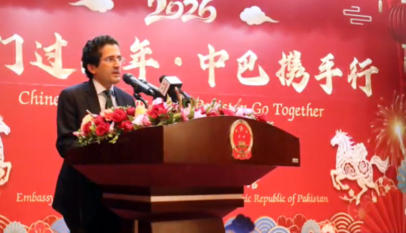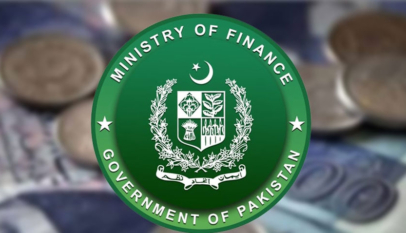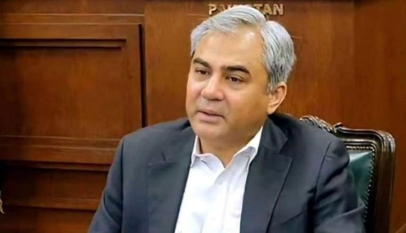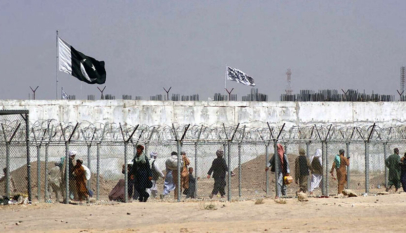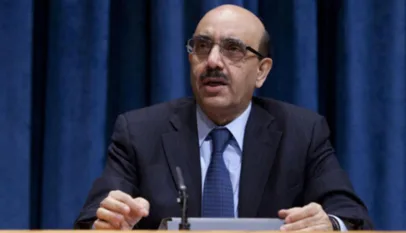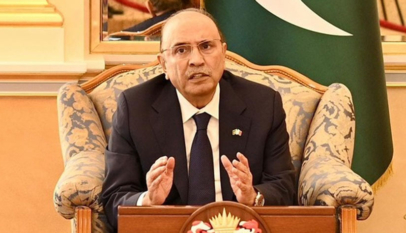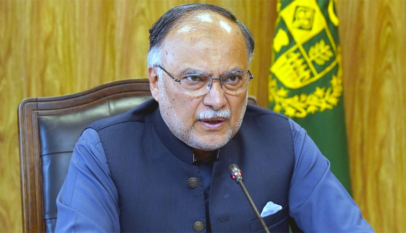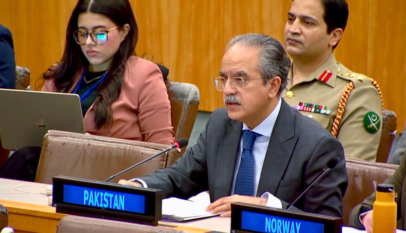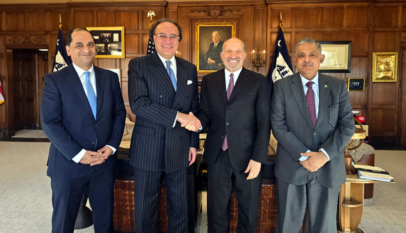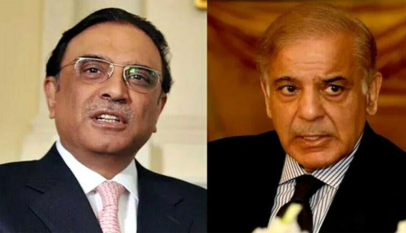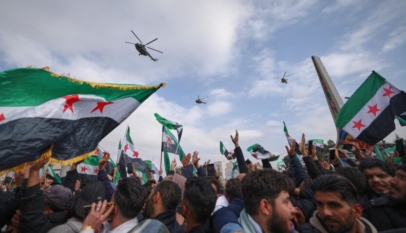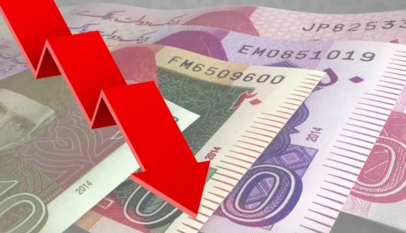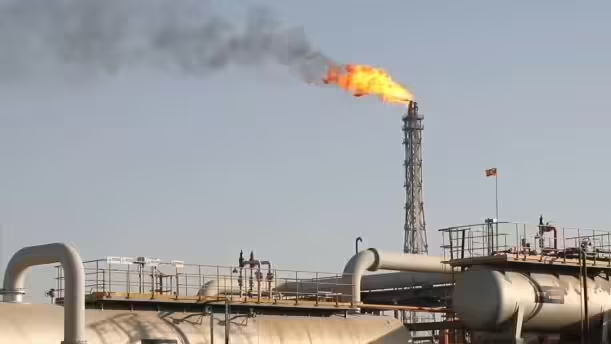
Hussein Ali Saeed, an 81-year-old resident, has spent his entire life in Kirkuk, a city in northern Iraq renowned for its abundant oil reserves.
As this retired Iraqi oil worker sees it, his hometown is dotted with flames raging above the oil fields, with silver oil pipelines stretching from afar and extending even further.
“Because of oil, the whole world has its eyes on Iraq,” Hussein sighed. “My whole life has a close connection with oil, and so has the fate of my country.”
FROM BLACK GOLD TO BLACK NIGHTMARE
Following World War I, the British merged the regions of Baghdad, Basra, and Mosul captured from the defeated Ottoman Empire into a new nation named Iraq, which they governed under a mandate.
In August 1921, the British-installed King Faisal I hastily ascended the throne in Baghdad. Without its own national anthem, the coronation ceremony was held with the British national anthem God Save the King.
In 1927, a joint team of British, Dutch, and other Western oil companies began to explore the Baba Gurgur oil field in Kirkuk.
“When the British came, Kirkuk was truly a city of black gold, as if striking a match could ignite the dust in the air,” Hussein said.
The colonizers’ greed became evident as they paid Iraq only a royalty of four gold shillings per ton of oil, equivalent to 12.5 percent of the price of a ton of crude oil at that time.
To capture the oil, Westerners built an oil pipeline from Kirkuk to the Mediterranean, the world’s longest pipeline project then, capable of delivering over 4 million tons of oil annually to Europe.
They established no commercial oil refineries in Iraq, refused to develop local industries based on oil, and refused to share any technology. Consequently, despite its vast oil resources, Iraq had to import petroleum products.
“Iraq was like a camel carrying gold while eating thorns,” Hussein lamented. “Wealth flowed to the West. The British, French, Dutch, and Americans all took shares, but Iraqis got nothing.”
Still unsatisfied, the Western powers started to set new rules. In 1928, three American, British, and Dutch oil giants held a secret meeting, forming a cartel with the Achnacarry Agreement to control the global oil market. In the 1930s, four more Western oil companies joined, marking the establishment of the oil cartel the Seven Sisters.
These giants monopolized the oil industry, controlling production, transportation, pricing, and sales. Between 1913 and 1947, Western oil companies earned over 3.7 billion U.S. dollars from oil-producing countries in the Middle East, including Iraq, while paying only 510 million dollars in royalties.
“Black gold fueled the West’s golden age, but became Iraq’s black nightmare,” said Hussein. “Sometimes I think it would have been better for us if there had been no oil at all.”
STRIVING FOR NATIONAL INDEPENDENCE
The mid-20th century saw a strong wave of anti-colonial struggles across Asia and Africa, leading to the independence of numerous countries. The British-controlled puppet regime of the Faisal dynasty began to falter as well.
“It was almost a destitute country at that time. Everyone lived in poverty and hunger. Against this backdrop, revolution erupted,” Hussein recalled.
On July 14, 1958, gunfire rang out in Baghdad as Abdul Karim Qasim staged a coup and overthrew Faisal II, leading to the establishment of the Republic of Iraq and the end of British control.
“Taking back stolen wealth” became the new republic’s rallying cry, with eliminating oil colonialism as a primary goal. In 1959, Iraq established its Ministry of Oil to manage national oil affairs.
Despite these efforts, the Seven Sisters controlled over 80 percent of the world’s oil reserves, enabling them to manipulate oil prices.
To break free, Iraq sought alliances with Third World countries. In September 1960, representatives from Venezuela, Saudi Arabia, Kuwait, and Iran met in Baghdad at Iraq’s invitation, establishing the Organization of Petroleum Exporting Countries (OPEC) to protect member countries’ interests and ensure stable oil market prices.
On June 1, 1972, the Iraq National Oil Company nationalized the Western-controlled Iraq Petroleum Company, triggering a wave of nationalization that quickly spread to Kuwait, Venezuela, Saudi Arabia, and other countries.
In October 1973, during the Yom Kippur War, oil producers in the Middle East announced an oil embargo against Western nations supporting Israel. OPEC seized this opportunity to further reclaim the oil pricing power, raising oil prices from 5.12 dollars to 11.65 dollars per barrel in December.
For the West, this oil crisis ended the golden age when oil was cheaper than water.
With soaring oil prices, Iraq entered a period of rapid development. By 1979, its per capita GDP surged from 392 dollars at the start of oil nationalization to 2,858 dollars.
“Economy, society, science, and culture all flourished. Education and healthcare were assured. Our wages increased, savings grew, and many families bought cars and even traveled or studied abroad,” Hussein recalled that period as a time of prosperity.
HISTORY REPEATS ITSELF
On March 20, 2003, as air raid sirens blared over Baghdad, darkness once again engulfed the country.
“We have no ambition in Iraq, except to remove a threat and restore control of that country to its own people,” proclaimed then U.S. President George W. Bush.
Upon learning of the U.S. invasion, Hussein and his colleagues burned all materials related to oil production.
“If we didn’t destroy them, the Americans would surely come looking for trouble,” he said.
Hussein’s instinct stemmed from the country’s past suffering. Former Federal Reserve Chairman Alan Greenspan admitted in his memoir: “I’m saddened that it is politically inconvenient to acknowledge what everyone knows: The Iraq war is largely about oil.”
“History seems to be repeating itself, with America’s invasion throwing us back a hundred years,” Hussein said bitterly.
In the 1970s, with the decline of America’s economic dominance and the collapse of the Bretton Woods system, the dollar was decoupled from gold. To maintain dollar hegemony, the United States linked it to oil, establishing the petrodollar system.
In 2000, Iraq switched from the dollar to the euro for oil trading, posing a threat to the petrodollar system. After the 2003 invasion and the fall of Saddam Hussein’s government, the United States mandated that Iraqi oil exports return to dollar transactions.
The American invasion devastated Iraq. “Basic living standards collapsed, pensions were low, the elderly lost access to healthcare, and sometimes even food supplies were uncertain,” Hussein said.
In 2011, the U.S. military withdrew, leaving behind an economically stagnant, politically fractured Iraq plagued by terrorism. The war and ensuing violence in Iraq were estimated to have killed more than 200,000 civilians and left over 9 million others displaced.
“Oil should be a source of happiness for Iraqis. Yet, for over a century, it has become a curse for the country,” Hussein said.
PARTNERING WITH GLOBAL SOUTH
Oil remains Iraq’s economic lifeline nowadays. The World Bank said in 2022 that oil revenues accounted for more than 99 percent of Iraq’s exports, 85 percent of its government’s budget, and 42 percent of its GDP over the past decade.
To achieve genuine prosperity and independence, it is crucial for Iraq to diversify its economy.
In 2023, Iraq launched a 17-billion-dollar Development Road project to link a major commodities port on its southern coast by rail and roads to the border with Türkiye in a move designed to transform the country’s economy after decades of war and crisis.
This project not only signifies Iraq’s resolve to reduce its oil dependency, but also demonstrates Iraq’s desire to strengthen cooperation with the Global South.
In September 2023, a railway project linking Iraq’s Basra and Iran’s border town of Shalamcheh commenced. In April this year, Iraq signed a quadripartite Memorandum of Understanding for the Development Road project with Türkiye, Qatar and the United Arab Emirates.
“Kirkuk now has new roads, improved transportation…” Hussein said. “This is the start of our reconstruction, and our future is promising.”



